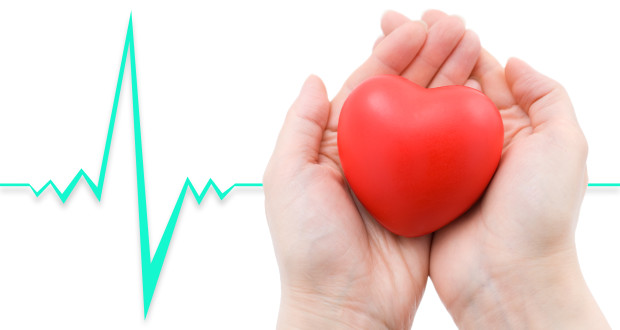Published: May 28, 2014
Facts About Heart Disease in Women
- Heart disease kills more women than any other disease in the United States.
- Almost 5 times as many women die from heart attacks alone each year than die from breast cancer.
- In 2013, 1 in 30 female deaths was from breast cancer, 1 in 3 from heart disease*
- Usually associated with men, heart disease kills more women each year and is more deadly than all forms of cancer.
- Over 400,000 deaths among American women are caused by cardiovascular disease*.
- As of Feb 14, 2013, in US, 42.9 million women are currently living with heart disease*.
- Despite fact that heart-related illness is preventable, studies show deaths are increasing (1 to 6 women in 2010, to 1 in 3 in 2013)
- *Facts from the American Heart Association
Coronary heart disease (or CHD) is a disease of the coronary arteries related to fatty material and plaque buildup that can lead up to narrowing and blockages of the coronary vessels. Over time, as the arteries narrow, it makes blood flow more difficult, and it creates a risk for heart attack or stroke. To learn more about CHD log onto http://www.heart.org/HEARTORG/Conditions UCM 001087 SubHomePage.jsp.
Should Women Be Concerned About CHD?
- Yes. Women’s symptoms associated with are different than men’s symptoms, sometimes making it difficult to recognize heart disease. This causes many women not to seek help.
- Women tend to ignore symptoms and wait too long to do anything about them.
- Symptoms are sometimes ignored by medical community thinking who sometimes think women are suffering from anxiety.
- Diagnosis of heart disease is more difficult in women (such as treadmill testing) which is less accurate for women than for men.
- Early on, women are protected by estrogen. When estrogen loss occurs at menopause and through their menopausal years, women may develop more risk factors for CHD (high cholesterol, high blood pressure, diabetes, and other risk factors, too.
- Are You At Risk? Peering At Risk Factors
- Smoking
- High Cholesterol (hypercholesterolemia) and high triglycerides
- High blood pressure (hypertension)
- Diabetes
- Being overweight
- Lack of exercise
- Stress being postmenopausal
- A family history of cardiovascular disease
Do You Have Symptoms? Heart Attack and Stroke
Heart attack
- Uncomfortable pressure, pain or felling of fullness in the chest
- Pain down the arm, jaw or back.
- Abdominal pain
- Dizziness
- Feeling faint
- Perspiring (more than a normal hot flash)
- Nausea
- Shortness of breath
- Get medical help immediately if you think you are having a heart attack! Don’t procrastinate!
Stroke
The word FAST is used to remember these warning signs:
Face drooping (one side numb or drooping)
Arm weakness (not able to raise arm, arm drifting downward, unable to raise both arms at same rate/level
Speech difficulty (slurred, unable to speak or hard to understand
Time to call 9-1-1, if you show any of these symptoms, even if symptoms go away, call 9-1-1 immediately
Resources: http://heart.org/HEARTORG/Conditions/911-Warning Signs-of-a-Heart-Attack UCM 305346 SubHomePage.jsp.
Heart Disease: How You Can Help Yourself
- Simple lifestyle measures are important for a healthy heart. These include:
- Stop smoking
- Eating Healthily
- Reducing your salt intake
- Get your blood pressure and cholesterol checked regularly during menopause
- Control blood pressure keeping it below 120/80
- Control cholesterol keeping total cholesterol less than 200mg/dl(5.17 mmol/L)
- Control triglycerides keeping at level of less than 150 mg/dL (5.17 mmol/L)
- Prevent diabetes
- Drinking alcohol in moderation
- Staying physically fit and keeping active
- Reducing stress
- If you are at high risk for heart disease, ask your clinician about taking a baby aspirin daily
- Get an annual medical check-up
 Red Hot Mamas In Charge of Change.
Red Hot Mamas In Charge of Change.

